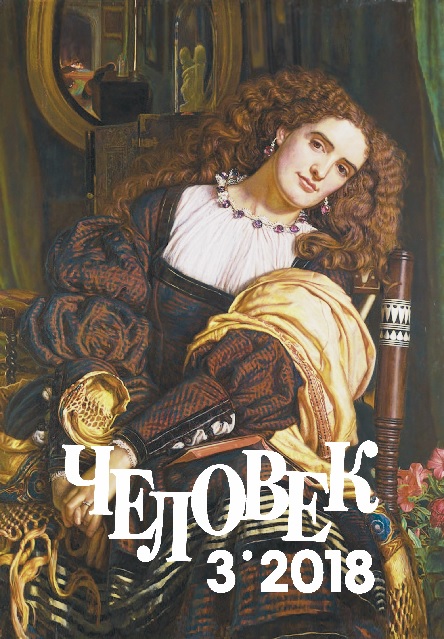S.L. Frank on the Russian Revolution and the 20-th century European crisis
Keywords:
S. Frank, revolution, intelligentsia, Bolshevism, utopianism, totalitarianism, national socialismAbstract
It was not World War I, but the Russian Revolution of 1917 that many Russian thinkers considered to be “the initial catastrophe” of the 20th century (according to J. Kennan’s definition). In fact, World War I did revolutionize the technology of mass killings and the development of a total mobilization of the power resources of the belligerent countries. Nevertheless, belligerent nations pursued conventional goals: World War was just a new kind of quite traditional European wars for hegemony, so it did not open a new chapter in the history of the continent. This was done only by the Bolshevik revolution, that marked the beginning of the “short” twentieth century. This was clear to many Russian thinkers, who witnessed first-hand the beginning of the Russian catastrophe in 1917. The “apolitical” philosopher S. Frank felt that fact particularly sharply. His interests were primarily focused on metaphysical problems, but that is why he immediately recognized the true significance of the processes that began in 1917.






